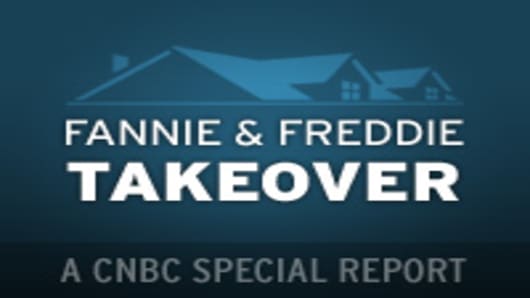“We would have been better off, if we had announced right then and there that we would extend the Bush tax cuts, which would have had a more direct impact,” says Resler.
“If you cut taxes, it affects peoples stream of income,” Brusca. They’re more likely to spend money than with a one-time refund.”
Others say there’s a remote chance that a lame duck Congress and president might work with incoming leaders to throw more money at the problem, should it be abundantly clear the economy in recession in November.
There’s more of a chance the Fed will lower interest rates again, economists say, but they would require greater confidence that the oil bubble is over and the dollar rebound is for real.
“The Fed is kind of sitting there in a bind,” says economist Dean Baker of the Center for Economic Policy Research, because inflation is too high and growth too weak.
He says another rate cut– either a quarter percent or a half percent—would be extraordinary, but these are extraordinary circumstances.”
Some Fed members might certainly agree, having seen the FOMC’s aggressive monetary easing do little to lower mortgage rates and trigger the normal borrowing activity that stimulates economic growth.
“The economy is definitely weaker than the fed had expected,” says Brusca.
And though it is rare for the central bank to change interest rates before a presidential election, both of the political parties could spin a rate cut to their advantage.
“I'm not sure anything it could do would be particularly helpful,” adds Resler. “The problem is not that there isn’t enough liquidity. The problem is that the liquidity there isn't finding its way to end users.”
Much may depend on how evident the economic deterioration is. Many economists are now convinced the US is in recession. There’s considerable debate, however, as to whether the worst is over or yet to come and how long the contraction will drag on, even if the labor markets continues to show signs of distress.




